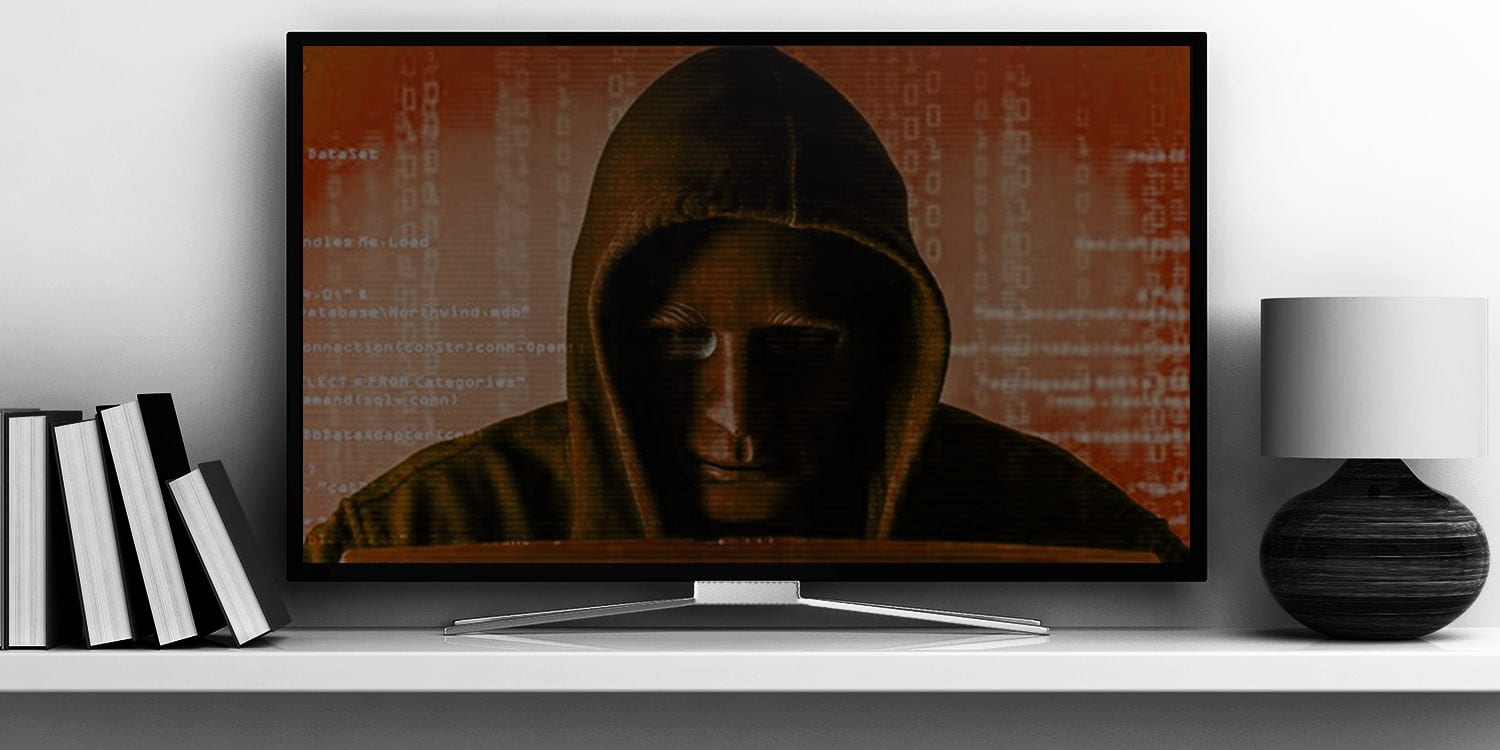Online Risk: Smart TVs, Google Home, and Amazon Echo
Millions of Americans saw Black Friday and Cyber Monday as opportunities to add a bit more technology to their lives. And with the holidays upon us, a whole slew of people will be unboxing their newest smart device — be it a TV, refrigerator, or …a fork that tracks your bites per minute.
What all of these people have in common is that they could be inviting hackers into their home. (You know, even more hackers than they’re already tempting by owning laptops and smart phones.) Hackers are nothing if not opportunistic. If something has an IP address, they’re probably going to find a way to use it against us. While they most likely won’t be sending ransomware to your smart fork, the FBI is warning people to be cautious about their new smart assistants and smart TVs.
Why Are Smart TVs Being Hacked?
According to the FBI: “Beyond the risk that your TV manufacturer and app developers may be listening and watching you, that television can also be a gateway for hackers to come into your home. A bad cyber actor may not be able to access your locked-down computer directly, but it is possible that your unsecured TV can give him or her an easy way in the backdoor through your router.”
Smart TVs aren’t really that secure by nature, and most people don’t even think about them when (or if) they stop to think about their home or office cybersecurity. But think about this: not only can they be used as an easy backdoor into your network, but most smart TVs now have cameras and microphones built in. These are extremely easy to hijack and use for nefarious purposes. The FBI’s suggestion? Update your TV’s software regularly and cover the camera with black tape.
Can Amazon Echo or Google Home Be Hacked?
Another recent FBI alert says “yes, they can.”
As we said, nearly anything with an IP address can be “hacked” in some fashion. What’s scary about smart devices in your home or office is that whole “backdoor into your network” thing. And this latest alert warns us that everything from smart watches to IoT remote-controlled toys to smart light bulbs can be used to gain access to your more sensitive data.
The FBI puts it this way:
“Hackers can use that innocent device to do a virtual drive-by of your digital life. Unsecured devices can allow hackers a path into your router, giving the bad guy access to everything else on your home network that you thought was secure. Are private pictures and passwords safely stored on your computer? Don’t be so sure.”
How Do We Keep Hackers Out of Our Office Network?
Of course, homes aren’t the only places where IoT is taking over. Most offices have at least one seemingly-innocuous smart device — a thermostat, for example — that could potentially allow cybercriminals into their network. That’s why cybersecurity these days often involves solutions like 24/7 monitoring.
If you want to learn more about securing your business, don’t hesitate to contact our experts at NCC. And be sure to have a safe holiday season!





